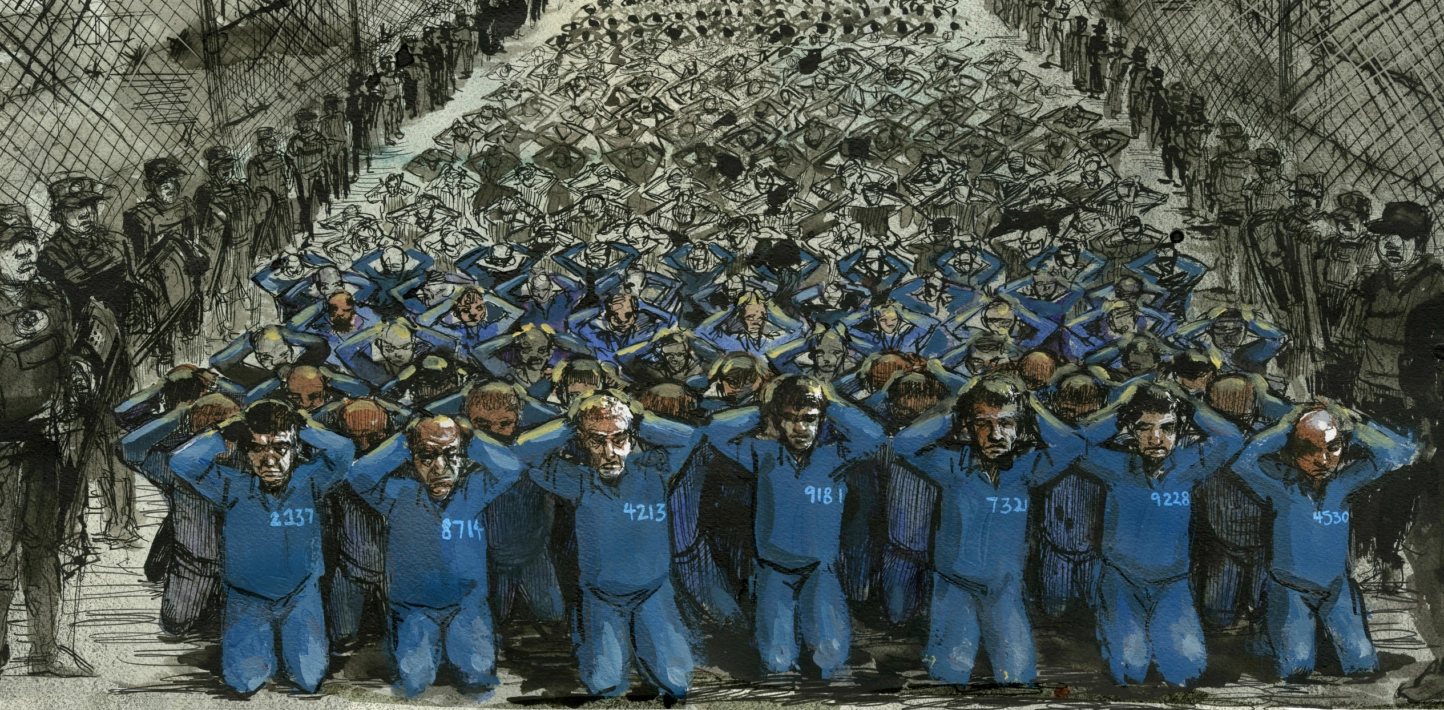Responding to the United Nations Human Rights Council’s rejection – by 19 votes to 17 with 11 abstentions – of a draft decision to hold a debate on China’s Xinjiang region, Amnesty International’s Secretary General Agnes Callamard said:
“Today’s vote protects the perpetrators of human rights violations rather than the victims – a dismaying result that puts the UN’s main human rights body in the farcical position of ignoring the findings of the UN’s own human rights office.
“The recent report on Xinjiang by the UN’s High Commissioner for Human Rights was an important step forward in addressing crimes against humanity and other serious human rights violations committed by the Chinese government in Xinjiang, yet today the UN has taken two steps back.
For Council member states to vote against even discussing a situation where the UN itself says crimes against humanity may have occurred makes a mockery of everything the Human Rights Council is supposed to stand for.
Agnes Callamard, Amnesty International
“Member states’ silence – or worse, blocking of debate – in the face of the atrocities committed by the Chinese government further sullies the reputation of the Human Rights Council. Political and economic interests should not trump serious human rights concerns, and no state should be shielded from scrutiny at the Human Right Council.
“The UN Human Rights Council has today failed the test to uphold its core mission, which is to protect the victims of human rights violations everywhere, including in places such as Xinjiang.
“Despite the deeply disappointing result of this vote, the fight for justice and truth for those victims and their families continues. The decision was rejected by a slim margin and it is critical for UN Human Rights Council member states to revisit this vote and continue efforts to highlight the human rights situation in Xinjiang at the earliest.
“Amnesty International will continue to demand accountability even when multiple governments fail to, and we look forward to continued scrutiny of the situation by UN experts as well as the Office of the High Commissioner for Human Rights.”
Background
Despite the findings of the UN Office of the High Commissioner for Human Rights (OHCHR) in August that crimes against humanity may have occurred in China’s Xinjiang Uyghur Autonomous Region, UN Human Rights Council (UNHRC) member states today voted against adopting a decision to discuss the human rights situation in Xinjiang (17 votes for, 19 votes against, 11 abstentions). The debate would have taken place at the UNHRC’s next regular session in March 2023.
The OHCHR report documented patterns of torture or other ill-treatment as well as incidents of sexual and gender-based violence, among a catalogue of human rights violations, finding that the “extent of arbitrary and discriminatory detention of members of Uyghur and other predominantly Muslim groups … may constitute … crimes against humanity.”
Since 2017, there has been extensive documentation of China’s crackdown against Uyghurs, Kazakhs and other predominantly Muslim ethnic minorities in Xinjiang, carried out under the guise of fighting terrorism. In 2021, a comprehensive report by Amnesty International demonstrated that the systematic state-organized mass imprisonment, torture and persecution perpetrated by Chinese authorities amounted to crimes against humanity.
Amnesty International’s Free Xinjiang Detainees campaign has, to date, profiled 126 individuals who are among the perhaps one million or more people in arbitrary detention in internment camps and prisons in Xinjiang.






















